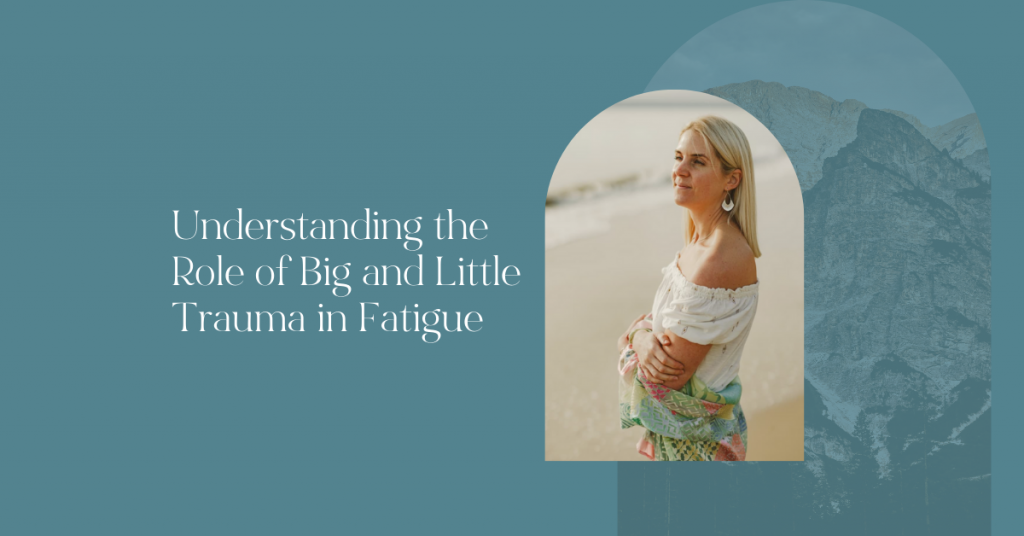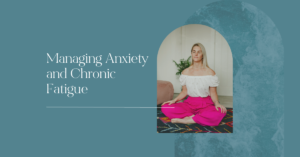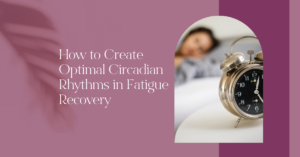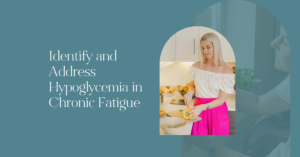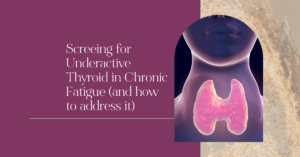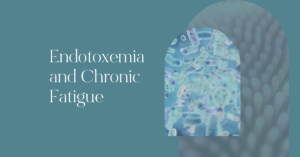The CDC-Kaiser Permanente adverse childhood experiences (ACE) study is one of the largest investigations of childhood trauma, abuse, neglect and household challenges and how these correspond to later-life health and well-being.
The study covers what are often referred to as “Big T” trauma. These were 10 ACE’s that may be associated with the onset of chronic illness. They include:
- verbal and physical abuse
- sexual abuse
- emotional neglect
- physical neglect
- abandonment
- divorce
- witness to violence and abuse
- a family member who is depressed or diagnosed with other mental illness
- a family member who is addicted to alcohol or another substance
- a family member who is in prison
(if you are interested in taking the ACE quiz, here is a comprehensive list of the 10 questions)
The more ACE’s someone has, there is a greater risk of chronic disease and mental illness.
The link between ACE and chronic illness is that traumatic experiences impact neurodevelopment, this includes the ability to self regulate.
Co-Regulation and Small “t” Trauma
When we cannot self-regulate we may turn to unhealthy coping mechanisms is an attempt to address unmet needs. Unhealthy coping mechanisms can take many different shapes and forms. These could include:
- Unhealthy diet or use of food to self soothe
- Lack of physical activity
- Harmful use of alcohol
- Drug abuse
- Unprotected sexual practises
Compounded over time, this causes dis-ease.
It may be worth mentioning here that sometimes health and lifestyle practises which are valued in society, can be taken to excess, and therefore also become destructive to health. Examples include:
- Excessive exercise
- Over-dieting or orthorexia
- Workaholism
Children rely on their primary caregivers to support nervous system regulation in times of distress, this is known as coregulation. Over time, the child learns to self regulate and this produces a more resilient nervous system.
The ACE study focussed on “Big T” events and yet, we are all exposed to many “small t’s” in our developing years and across life in general.
Even small t’s when frequently experienced can leave a significant imprint on the nervous system. Small “t’s” may include:
- surgery and medical procedures
- invasive procedures
- gynaecological examinations
- poisions or burns
- natural disasters
- racial abuse
- sexual abuse
- bullying
- war
- terrorism
- financial stress
- traumatic brain injury
- accidents
- injuries
- divorce
- legal issues
- or lack of things that should have happened; emotional attunement, physical touch, unmet needs
Trauma and Chronic Dis-ease
As you read through this list it is important to remember that trauma is not the event itself, but in the nervous system’s response to the event. Therefore, two people can have the same experience but process it in two very different ways.
Trauma is not the event itself, but in the nervous system’s response to the event.
A resilient and regulated nervous system can experience a stressful event and return to a rested state when safe to do so.
In a dysregulated system, there may be an inability to return to a restful state and the body may linger too long in sympathetic activation (fight or flight).
The individual may become disconnected from “true rest” and develop what is known as a “faux window of tolerance” where freeze and shut down are used as alternative strategies to find a sense of calm.
ACE’s and / or an accumulation of small “t’s” without the appropriate support, may predispose someone to the aforementioned behaviour. Some may argue, that due to the stress and strain of modern day life, we are all operating to some degree in a faux window of tolerance.
The link between all of the above and health is that it hinders appropriate use of the parasympathetic system needed for recovery and repair. At the same time, there is a physiological energetic cost and dusruption to one’s healthy biochemistry as the system is held in constant survival mode e.g. fight, flight or freeze.
The good news is, it can all be retrained and it starts with understanding and loving your nervous system.
Supporting The Nervous System
Understanding the role of the nervous system in health and energy was a significant game changer for me personally and I have seen clients gain the same tremendous benefits.
Meditating regularly, practising yoga, breathing techniques and time in nature were already part of my self care toolbox.
After I had initiated myself into understanding Stephen Porges’ Polyvagal Theory and began delving deeper into somatic experiencing, I began to understand in myself and see in clients that one of the biggest missing links was a proper connection to the body.
Regular meditation, yoga and breathing techniques are just like any other health practise; most effective when applied at the right time.
Timing is everything and when we connect to the body and attune to it’s needs, we are better equipped to use the appropriate tools.
The rehearsal of settling the system with the right tools over time is what builds resilience.
The rehearsal of settling the system with the right tools over time is what builds resilience. I liken it to reps in the gym; we get stronger through repetition and training (interspersed with periods of rest of course!).
I will often get asked on social media: What do I need to do to regulate my nervous system?
And although there are many things that one could do, I have no idea what your body needs in the moment. Only you know that.
What I can help with is;
- Teaching you the theory
- Guiding you to build awareness and connection to your body
- Attuning to your own unique needs
And really, I believe the journey to health, in it’s essence, is becoming better attuned to what we need and following through with honouring and supportived action.
Want to Know More?
My group program – The High Achiever Revival Program – has been lovingly curated with Nervous System Self Care front and centre.
Doors will be opening soon and if you want to be first in the know – and receive a special launch discount – then I want to know a little more about you.
Complete the application below and I will notify you when enrolment opens.

